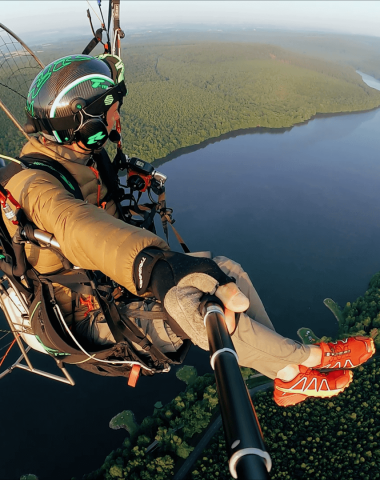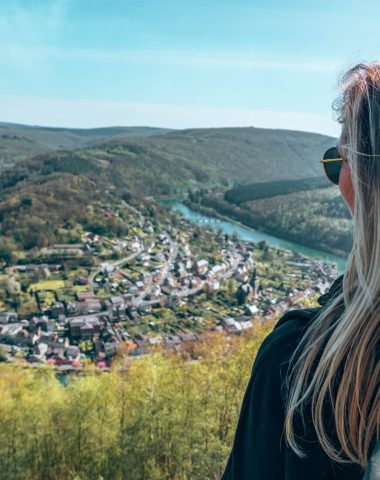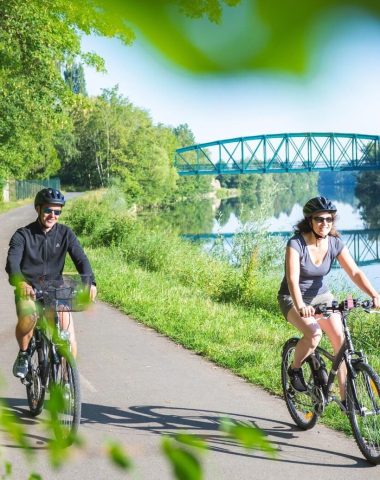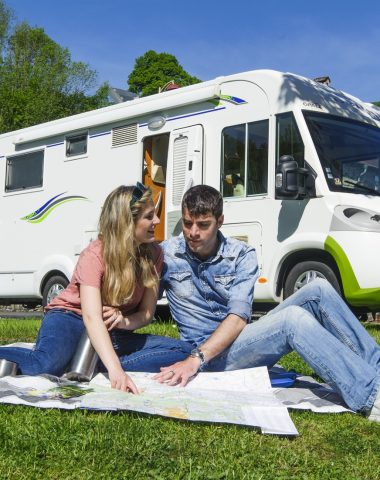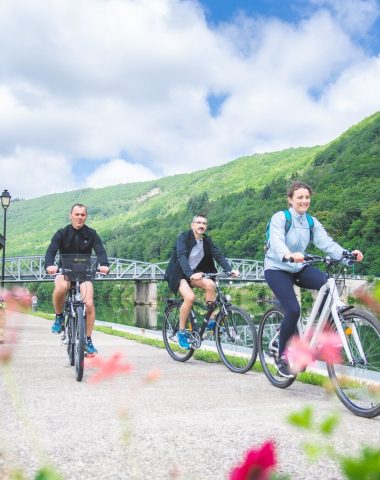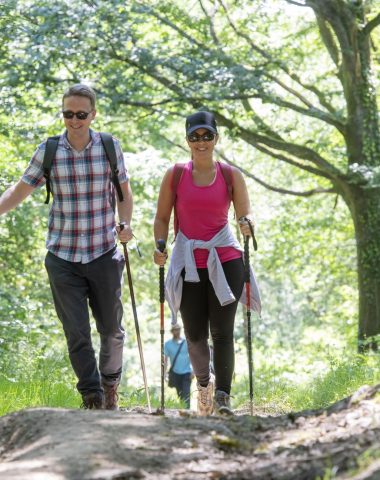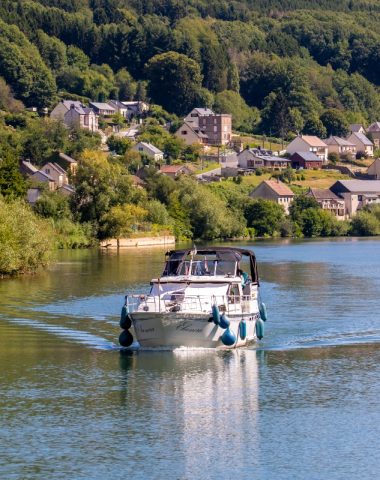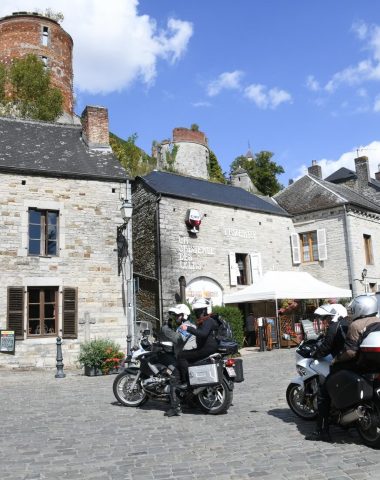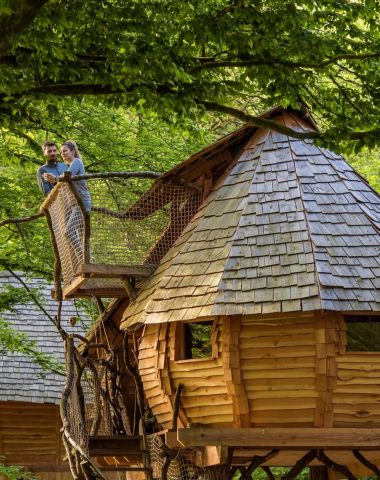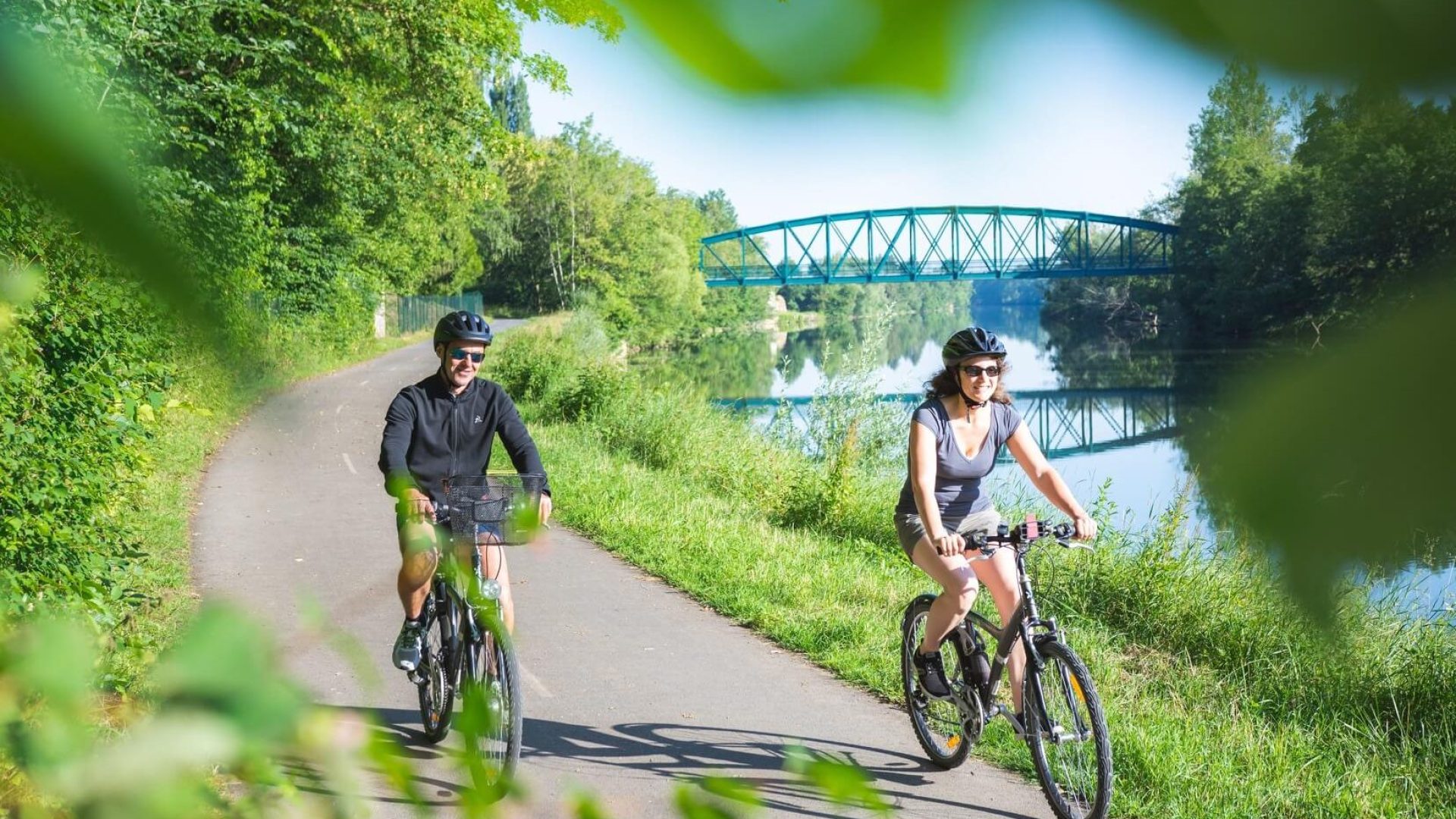Definitions
Sustainable tourism is tourism that takes full account of its current and future economic, social and environmental impacts, meeting the needs of visitors, professionals, the environment and host communities”
It aims to strike a balance between the three pillars of sustainable development (economy, social, environment) in the production and realization of tourist activities. It applies to all tourist activity, from palaces to outdoor sports. There are different forms of sustainable tourism, here are the main ones:
Slow tourism

In praise of slowness, inspired by the slow food movement, slow tourism designates a way of traveling based on the simple idea of taking the time to discover. This form of tourism advocates soft modes of transport, off the beaten track to soak up the country in depth. The UNWTO does not give an official definition of "slowtourism" (slow tourism) which is a fairly recent term in the tourist vocabulary. The concept finds its source in the "slow movement" driven in 1986 by the movement " slow food (slow food), in Rome, in opposition to the development of fast food ". Against the hegemony of acceleration, the " culture slow » applies today to almost all human activities and extends to a quest for meaning, self-realization, harmony with nature according to biorhythms, empathy with others…
In short, slow would be one of the keys to the passage to the next world, post-modern, post-industrial. It would give individuals and societies a sense of a social, moral, ecological but also economic contract, based on the concept of sustainability.
Ecotourism
"Ecotourism is a type of nature-based tourism activity in which the primary motivation of the visitor is to observe, learn about, discover, appreciate and experience biological and cultural diversity. , adopting a responsible attitude that protects the integrity of the ecosystem and improves the well-being of the local population. Ecotourism sensitizes both local populations and visitors to the conservation of biodiversity, the natural environment and cultural assets and requires special management methods to minimize the negative impact on the ecosystem. »
We can thus consider ecotourism as the “greenest” form of sustainable tourism, but the two should not be confused. Sustainable tourism is a conceptual framework that offers more or less broad guidelines in order to find a balance between 3 pillars over the long term, while ecotourism is a type of concrete tourist service linked to the discovery of nature (educational and leisure dimension) and the enhancement and protection of the local area by tourists and host populations (biodiversity, local products, local crafts, local architecture, etc.).

Regenerative tourism
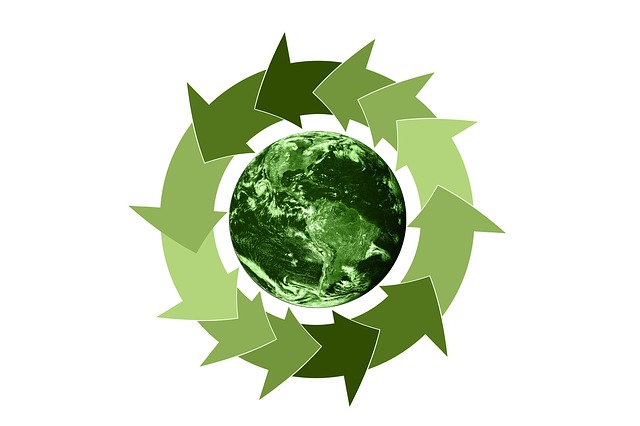
Very recent, the concept of "regenerative tourism" is spreading in the sphere of destination management and would be intended to replace that of "sustainable tourism".
While sustainable tourism is perceived by some researchers as insufficient, "regenerative tourism" seeks to make destinations better for current and future generations in a "holistic approach" that involves institutions, public and private tourism stakeholders, host communities and tourists from the outset in order to ensure the well-being be visitors, but also residents and of the host territory through the creation of shared prosperity[1].
[1]Jon Genovea, A., 02/12/20, “Taking Regenerative Tourism to Scale – Everyone has a Role to Play”, Regenerative Travel
Forms of social tourism
Fair Tourism
Fair tourism, as its name suggests, refers to the concept of fair trade. This form of tourism involves local communities in the organization and management of tourist activities. According to the principle of fair trade, the aim is to distribute income as fairly as possible.
Solidarity Tourism
The man and the encounter are placed at the heart of the journey. Part of the price of the trip allows the development of a local project. Solidarity tourism seeks to register its actions of solidarity in the long term by ensuring their good accomplishment and the perpetuation of each one.
Participatory Tourism
Participatory tourism aims to connect locals and tourists, either by involving the host population in tourist activities, or by allowing visitors to be actors in local life.

Sustainable tourism in the Ardennes, assets and perspectives
Conducted in 2021 within the engineering department of the ADT des Ardennes, this study provides a better understanding of the interest of betting on the development of sustainable tourism in the Ardennes.
Download the study:
Archives
On November 15, 2022, on the occasion of Ardennes tourism professionals' day, held at the Vieilles Forges congress center, the ADT received Mrs. Caroline Le Roy, doctoral student-employee at Betterfly Tourism in order to state of the tourism sector's vulnerability to climate issues.


